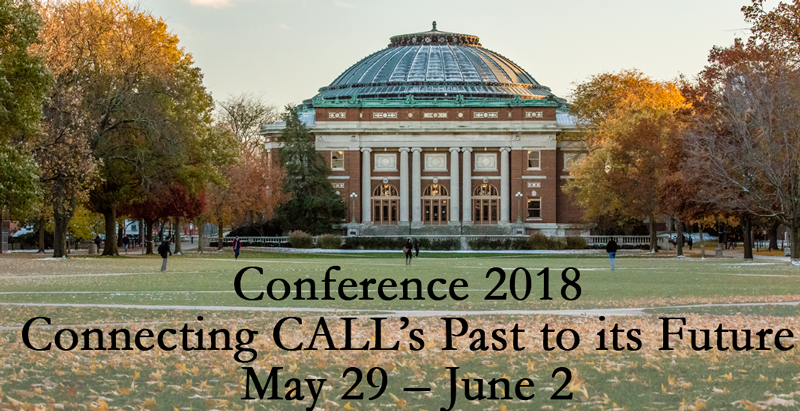
Conference Opening, Keynote Address and Graduate Student Poster Session
Wednesday, May 30, 5:30pm
Keynote Address: Brian Dear
How We Can Still Learn From The PLATO System
Brian Dear is the author of “The Friendly Orange Glow: The Untold Story of the PLATO System and the Dawn of Cyberculture” (Pantheon, 2017). He is a longtime tech startup entrepreneur and founder of companies including Coconut Computing, FlatWorks, Eventful, and Nettle. He has also worked at a variety of dot-com companies including MP3 and eBay. He worked in the field of computer-based education for eight years, including five on the PLATO system and three on TICCIT. His writing has appeared in WIRED, Salon, Educational Technology, BYTE, IEEE Expert, and the San Diego Reader. He lives with his wife in Santa Fe, New Mexico.
Graduate Student Poster Session
Wednesday, May 30, 6:45pm – 7:45pm
Speech Recognition & Virtual Reality-Based Technology: User Experiences with EdTech
Joan Palmiter Bajorek, University of Arizona
A booming sector, educational technology (EdTech) mediates learning experiences for hundreds of millions of people worldwide, i.e. Duolingo and Rosetta Stone (Bajorek, 2017; Chen, 2015). Despite increasing momentum and interest, there remains a dearth of studies investigating second language (L2) experiences through virtual reality (VR) technology (Merchant et al. 2014; Lee and Wong, 2015; Lin & Lan 2015), and automatic speech recognition (ASR) software (Liakin et al., 2015).
This study explores user experiences (UX) of 200 L2 French students usage of VR technology with embedded ASR, ImmerseMe software (Cardwell, 2016). Created from 3D videos, ImmerseMe is currently licensed to over 13,000 users worldwide (Cardwell, 2017). Drawing upon mixed method data, this pretest-posttest methodology considers learner attitudes and confidence, time spent on task through backend data, speaking and listening skills, comfort level of EdTech usage, speech technology/ASR contexts, and real-world contexts.
Pragmatics of Emailing: Who is More Competent?
Iftikhar Haider, University of Illinois Urbana Champaigh
In this study we investigated how the perceptions of faculty with differing characteristics are different when they are faced with pragmatically problematic emails from their students. There seemed to be no significant association between perceptions of self-centeredness and giving choice in complying with the request with the characteristics of the faculty, the other two variables (i.e., politeness and acknowledgement of imposition) were associated with seniority and NS and NNS status respectively. The findings imply that the perceptions of the degree of violations of pragmatic norms shows a complex and at times counter intuitive patterns requiring more investigation.
Second Language Socialization in a Massively Multi-player Online Game. An Ethnographic Case Study
Seyed Abdollah Shahrokni, Washington State University
This doctoral dissertation investigates second language socialization (SLS), the process by which second language learners become competent members of the target language community, in a massively multiplayer online game (MMOG) called Stronghold Kingdoms. This ethnographic case study aims to explore the norms, dynamics, and affordances of this sociocultural setting by focusing on how non-native English speakers in this community acquire membership, legitimacy, and communicative competence in their factions where they need to constantly communicate in English with their peers in an English-speaking game world. This study, hence, furthers our understanding of sociocultural aspects of SLA and the possible affordances of MMOGs for second language education.
Implementing CALL in EFL Classrooms with “Open” Online Resources
Xiaorui Sun, Ohio University
This research discusses the possibilities of CALL in EFL contexts through the systematic design of utilizing online resources which was implementing on a mobile learning app and in the classroom to reinforce EFL learning, the communication between cultures and language production in EFL settings. In order to find out students’ perceptions of the mobile integration in this designed language learning model, data were collected through semi-structured surveys and interviews from the university students who participated in this study. Data analyzed through emergent analysis codes were reported. The results of this study have implications for the improvement of the EFL curriculum with technology integration.
Designing and Evaluating a Virtual English Enrichment Course for Improving Chinese University Learners’ Communicative Competence in English
Min Du, University of Cambridge
This study was to design an online English Enrichment Course (EEC) and evaluate its effect on the progress of learners’ English communicative competence, especially interactional and socio-cultural communicative competence. The study was conducted as design-based research with four research cycles and employed both synchronous learning and asynchronous learning pedagogies. This study is a response to the call of Freire (2012) for the operation of the complex educational design model and it aims to contribute to the study of CLT through CALL in the following areas:
- The assessment of communicative competence.
- The virtual EEC course to develop communicative competence.

